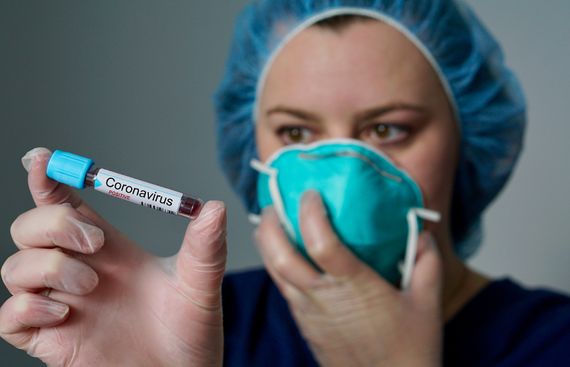How to Protect Yourself from Coronavirus? Symptoms, Precautions & More

Worried about the novel coronavirus? It's time to be alert and take preventive measures to stay safe. Recently, an Italian tourist in Jaipur has been tested positive for the coronavirus and this takes the overall confirmed cases in India to six. Globally, with over 70,000 infection cases and 3000 lives lost so far, the novel coronavirus is still considered as one of the deadliest infections. It is extremely important to watch against the risk, however the most vital factor is that the symptoms can appear in the form of a minor cold and other respiratory disorders.
According to Centre of Disease Control and Prevention (CDC), the transmission rate is fairly high when in contact with the infected person or exposing yourself to fecal waste. Also, it is very similar to a seasonal flu infection and in severe cases, the infection lead to pneumonia, severe acute respiratory syndrome (SARS) and even death. Older people and ones with existing medical conditions such as heart conditions and diabetes are most likely to get infected. Here we have listed about the coronavirus symptoms and precautions in order to protect you from infection.
Symptoms
According to WHO, COVID-19 spreads from one infected person to another through coughing, sneezing or direct contact and even through direct infectious droplets that spread when people cough or exhale. However, the infection so far reported has been categorized from mild to severe and symptoms may take up to 2-14 days to fully develop after the exposure. The commonly identified coronavirus symptoms in patients include:
- Cough and Cold
- Fever (lasting for a minimum of 2-3 days)
- Shortness of breath
- Vomiting
- Runny nose, Scratchy Throat
- Upper Respiratory Tract Illness
Precautions
Prime Minister Narendra Modi tweeted an advisory listing out the measures to prevent COVID-19. PM Modi listed out the following preventive measures:
- Everyone should wash their hands frequently
- Social distance should be maintained
- People should avoid touching their eyes, nose or mouth
- While sneezing or coughing, one should indulge in respiratory etiquette and cover their mouth with their elbow or a tissue/handkerchief
- Anyone suffering from fever, cough or having trouble breathing smoothly should seek immediate medical attention
- All people should keep themselves aware and updated and follow the directions of their physicians.
Read More News :


.jpg)
